In Philadelphia, a new EV owner’s excitement turned sour as they encountered a rampant issue: vandalism at electric vehicle charging stations.
The target? Expensive copper wiring. As one disheartened motorist shared on Reddit, “I know this has been happening for a while, but as a new EV owner in Philadelphia, this sucks.”
EV Owners Demand Action
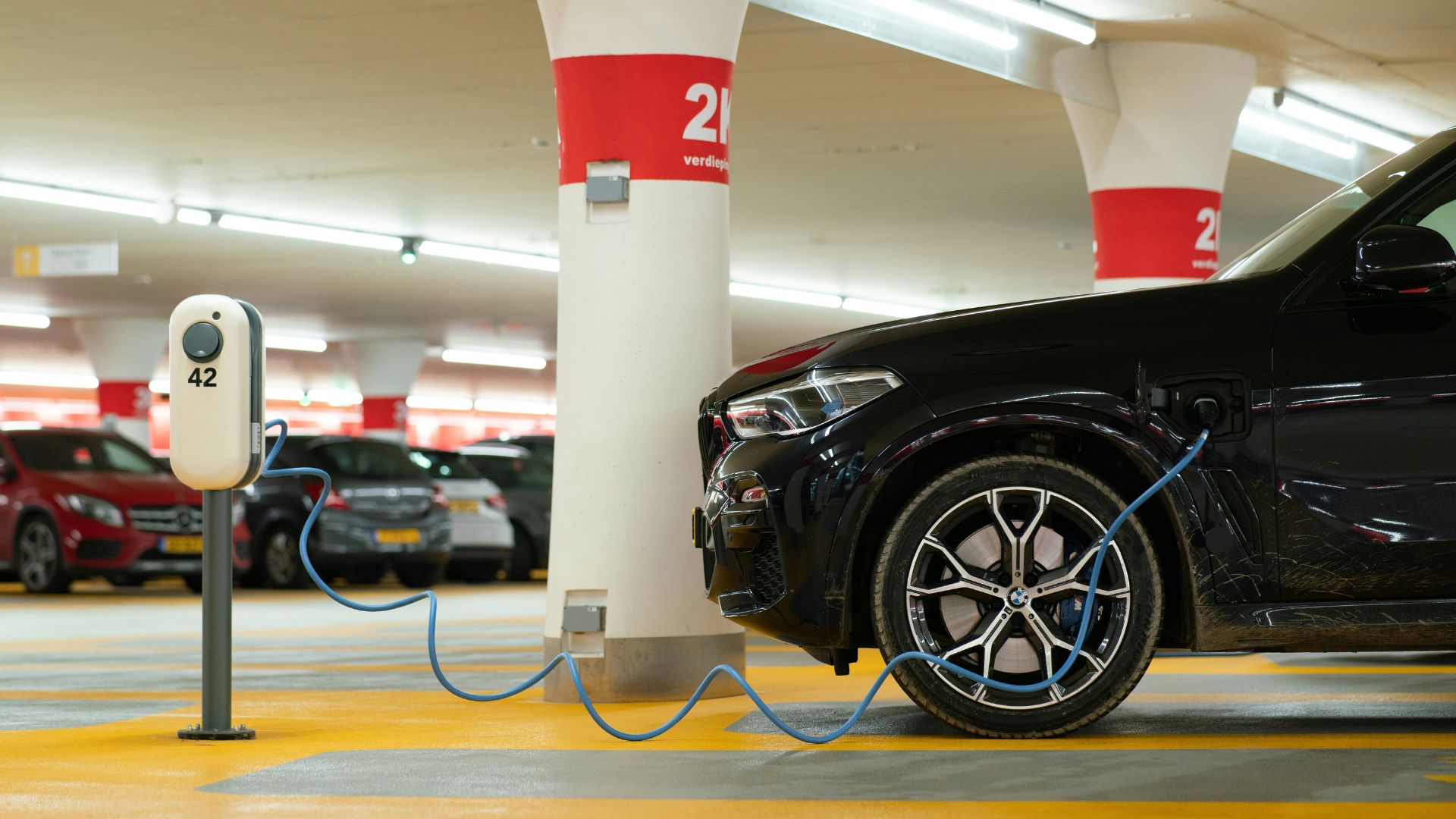
The frustration in the EV community is palpable. Picture this: you pull into a station, only to find it as useless as a gas station without pumps.
“They need to make this a federal offense,” one commenter expressed, capturing the sentiment of many who face these disruptions daily.
Not Just Petty Theft—A National Issue
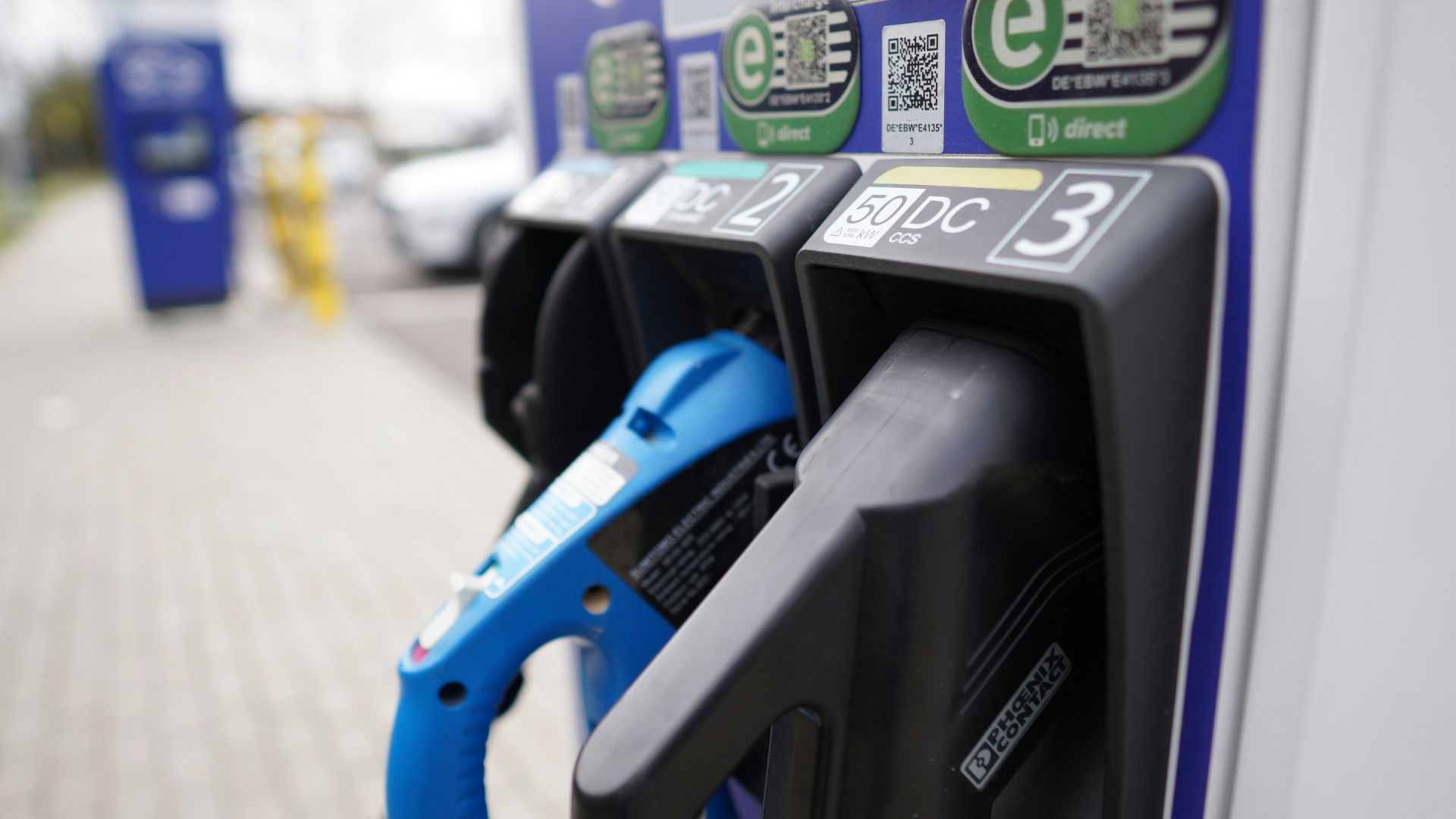
What’s happening at these stations isn’t just frustrating; it’s part of a bigger picture affecting national transportation infrastructure.
As one commenter put it, “This is nothing short of an attack on America’s critical transportation infrastructure.” The call for action? Severe felony charges for these acts of vandalism.
A Widespread Problem: Vandalism Across Cities
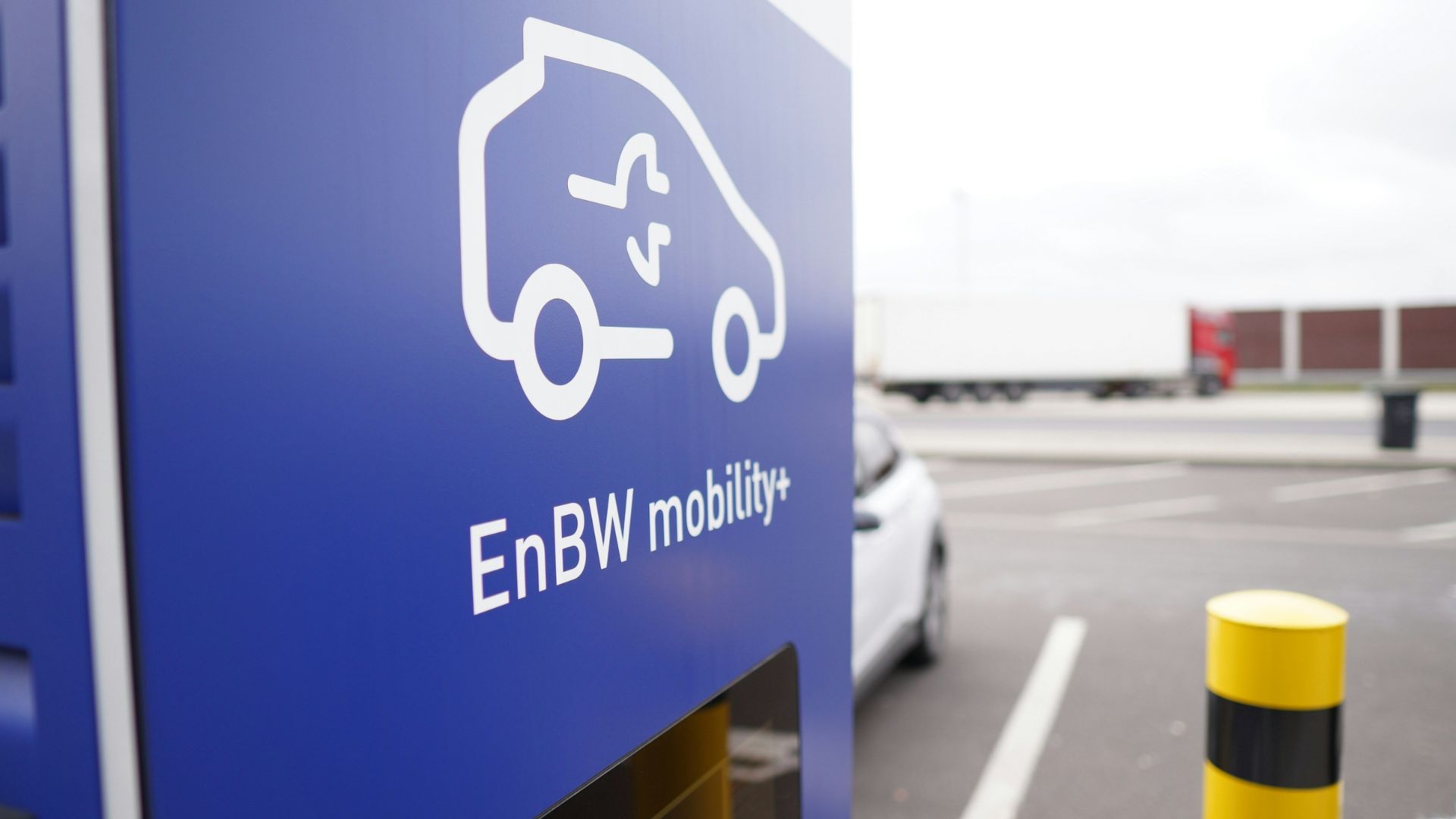
The issue isn’t isolated. Several cities report over half of their public EV charging stations have been hit repeatedly.
This widespread destruction underlines the gravity of the situation, extending far beyond isolated incidents.
EV-Based Vandalism Is a Worldwide Issue

Attacks against electric infrastructure has swept the States, from Seattle to Las Vegas to Philadelphia. However, anti-electric tactics are a global phenomenon that has gained traction over recent years.
In 2021, vandals in Munich, Germany, stuffed raw minced meat into connectors that had to be replaced. This April, drivers in Australia have been fined $60,000 for parking in electric vehicle makes in parking lots.
The Price of Copper Is at a Record High

For thieves looking to make quick money, stealing copper seems more attractive than ever. The price of copper is currently $5.20 a pound, which is up 25% from a year ago.
In May, the price of copper had not been so high since last July. With charging stations so easily accessible and so much many to be made from selling on stolen copper, is it any surprise that this surge is taking place?
Wire Theft Is Nothing New but the Target Has Changed

From phone lines to train-track cables, wire theft has always been an issue. Wire theft is a significant burden on taxpayers but EV charging stations are simply the latest target.
Since 2021, wire theft has cost taxpayers $1.5 million for public property alone, according to the Washington State Department of Transportation (WSDOT). For the city of Minneapolis, 2023 began with a spike in copper theft from streetlights and ended with EV charger vandalism.
Criminals May Not Be Making Quick Cash from Copper
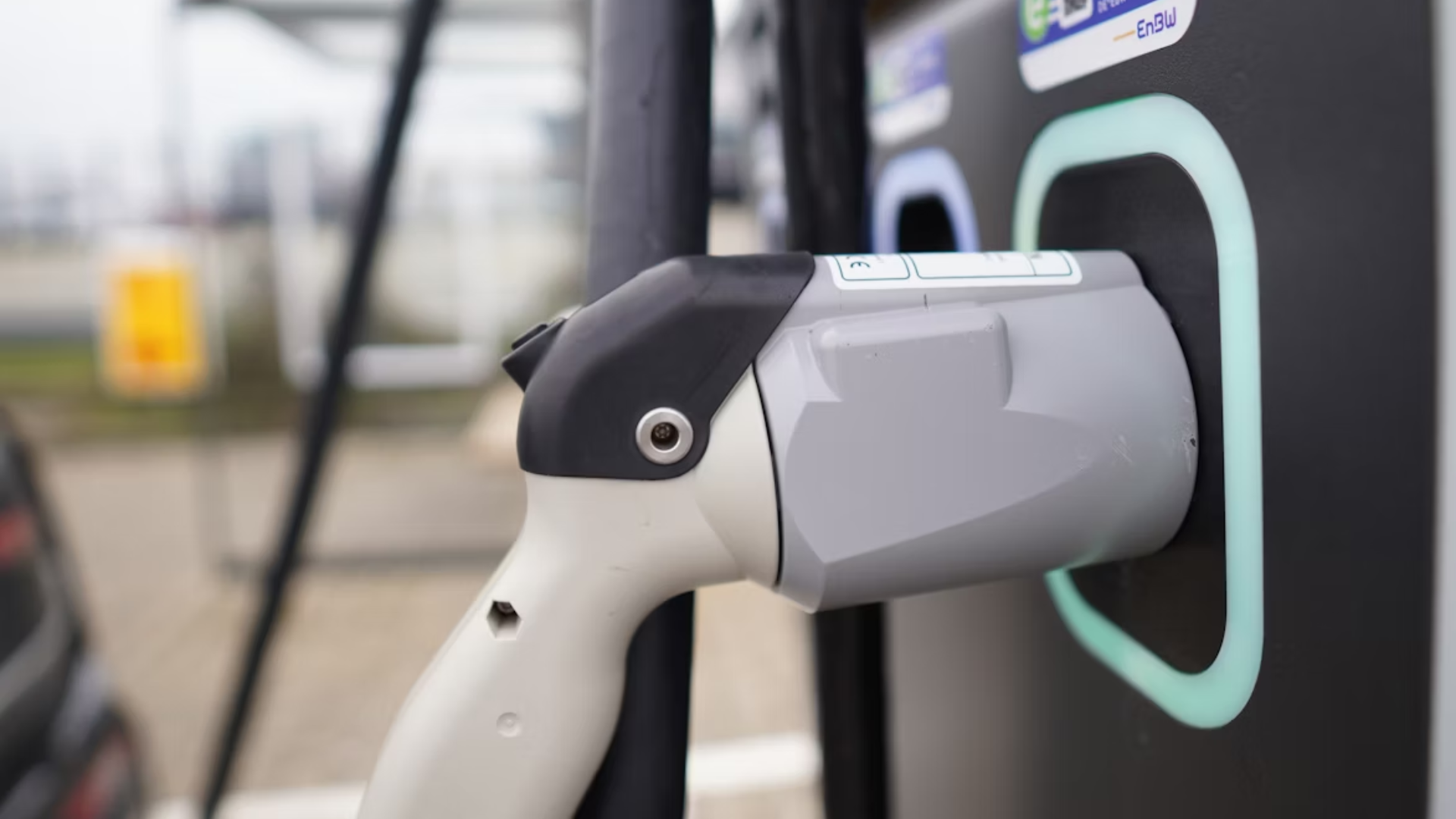
EV charger vandalism might seem lucrative, but in reality, there is little money to be made off charging stations. It is difficult to extract the little copper that is actually inside the wires.
Houston’s Sergeant Robert Carson estimated that a thief would only make between $15 and $20 from taking a single cable to a scrap yard. This is why vandals “hit hard” according to Carson and wreck multiple charging stations in one hit.
Why Electric Vehicle Stations?
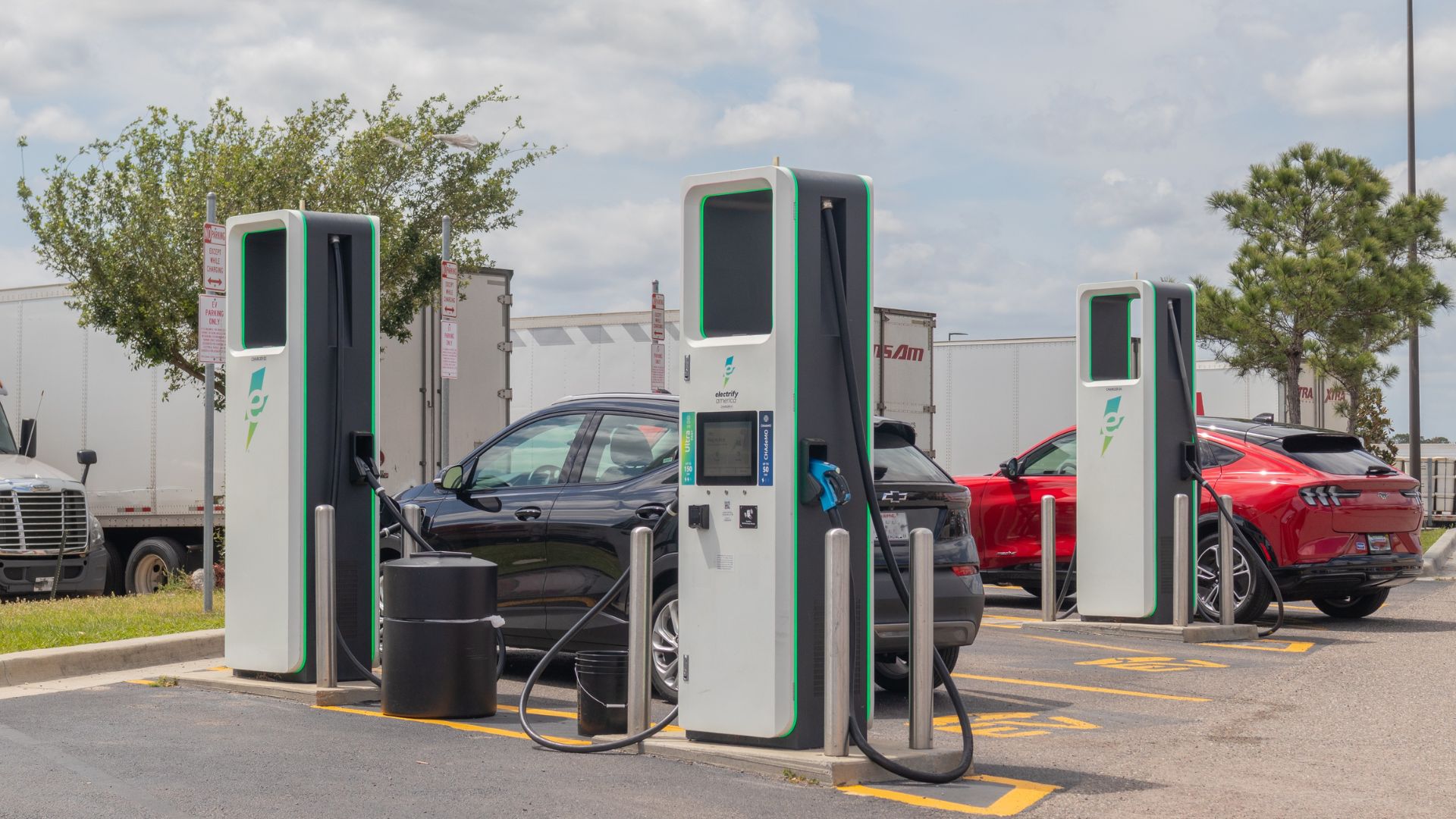
If EV charging stations are just a new target for old crimes, why are they getting the brunt of wire thefts now?
EV charging stations are usually in accessible and convenient public locations such as college campuses, shopping centres, and public parks. Although busy in the day, these areas are often empty at night, the perfect time for a scalper to strike.
Vandal Motives: Money or Malice?

Sometimes, the vandals are after the precious metals, like copper, within the chargers.
But often, there’s a darker motive—some acts are politically charged, making anti-environmental statements through destruction.
Intentional Charger Blockage
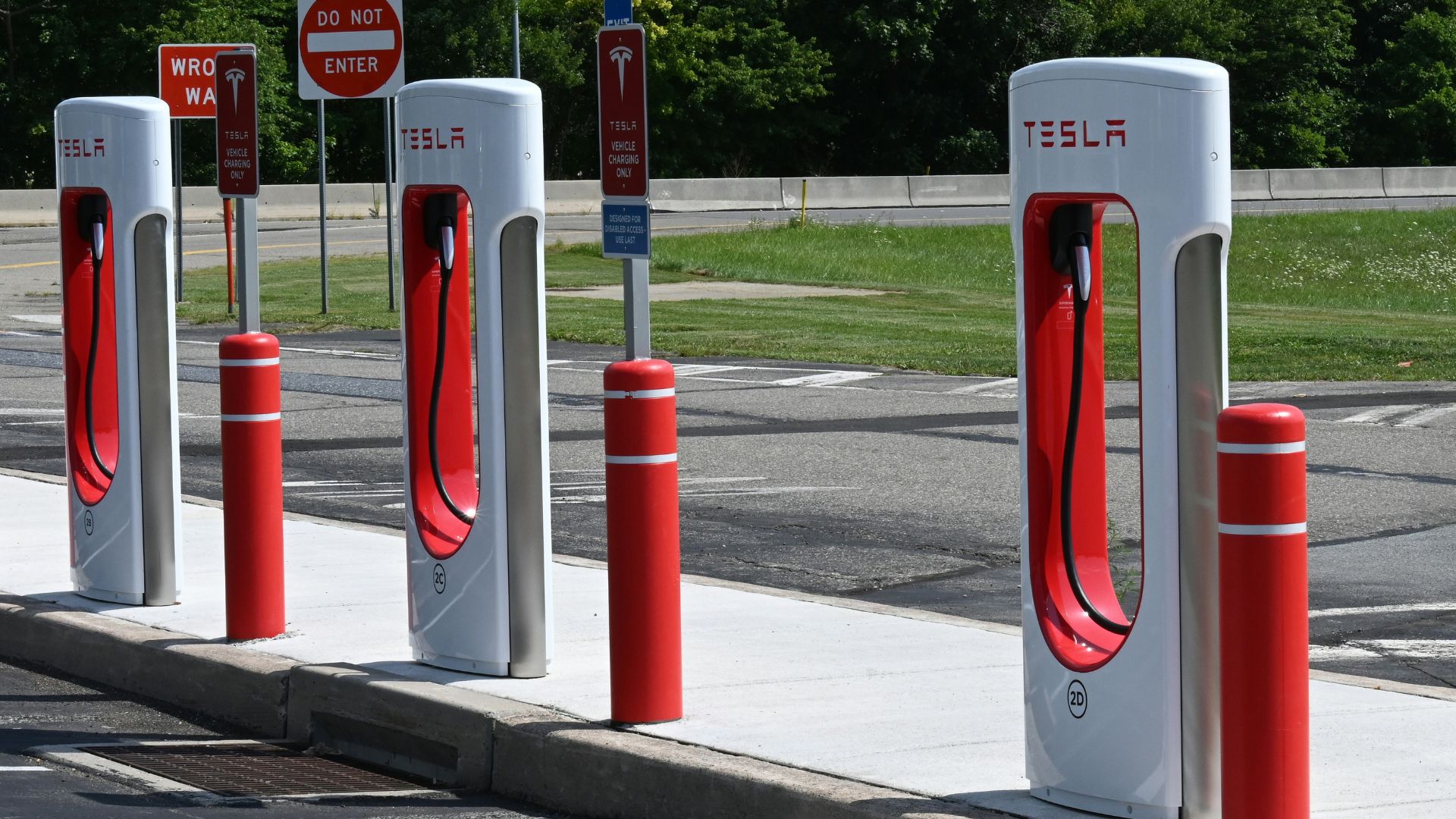
Some gas-powered vehicle drivers take the conflict on the road by intentionally blocking EV chargers, a spiteful move that leaves EV owners stranded and frustrated.
The clash between traditional and electric vehicles is playing out in parking lots across the country.
EV Drivers Are Calling Out Deliberate EV Charger Blockages
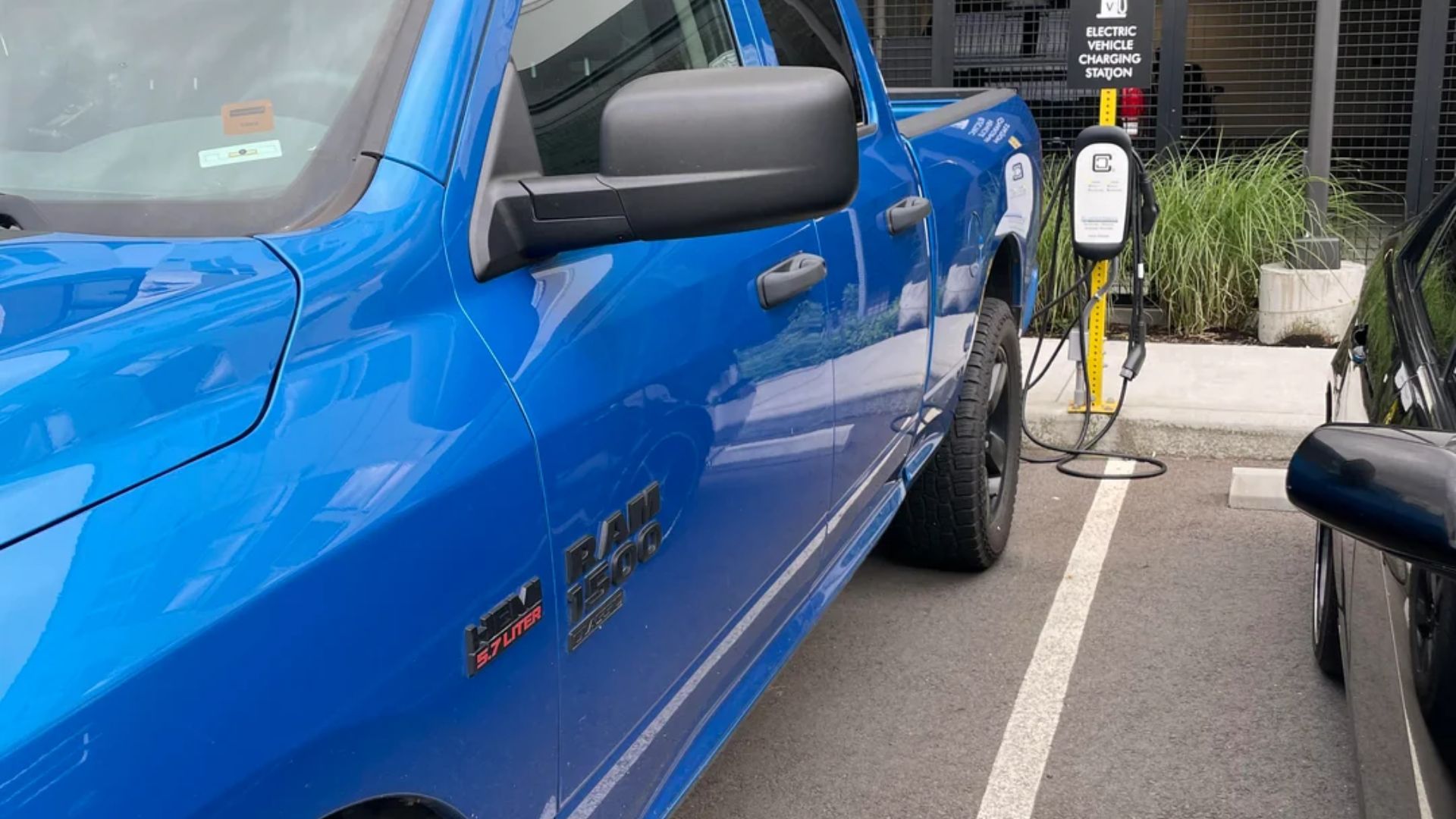
One driver in Seattle said “nine times out of ten, a non-EV takes the EV parking spot, it’s a giant truck. Hate these guys”. Trucks intentionally blocking EV charging stations is happening across the world, with a similar situation happening in New Zealand.
Alongside charging station vandalism and other strategies, some are out to make sure people know they are not happy to share the road with EV drivers.
Toxic Tactics: More Than Just Blocking
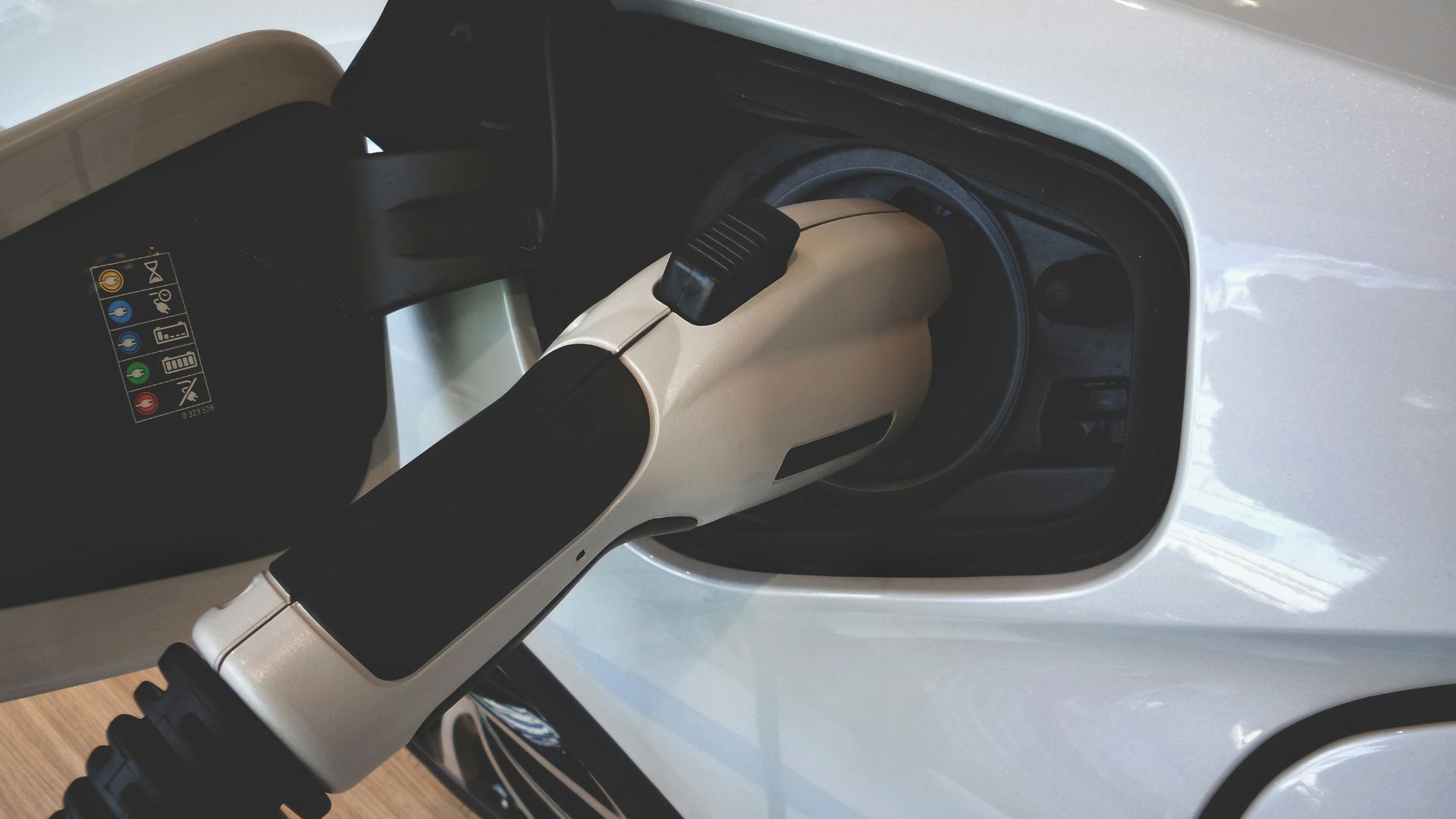
The hostility escalates with some drivers resorting to ‘coal-rolling’ EVs.
This is when they deliberately blast dense, toxic exhaust fumes at electric vehicles, and even pedestrians and cyclists, showing disdain for both environmental concerns and public health.

Coal-rolling is dangerous and humiliating for its targets (which are increasingly electric vehicles). Last June, an EV driver was stuck behind three pickup trucks and was blasted with exhaust fumes.
It also undermines environmental laws. Ebay was fined nearly $2 billion for allegedly hosting the sale of over 343,000 coal-rolling devices, breaking the Clean Air Act. These devices are intended to modify diesel engines to emit sooty exhaust fumes.
EV Vandalism Could Impact State Environmental Goals
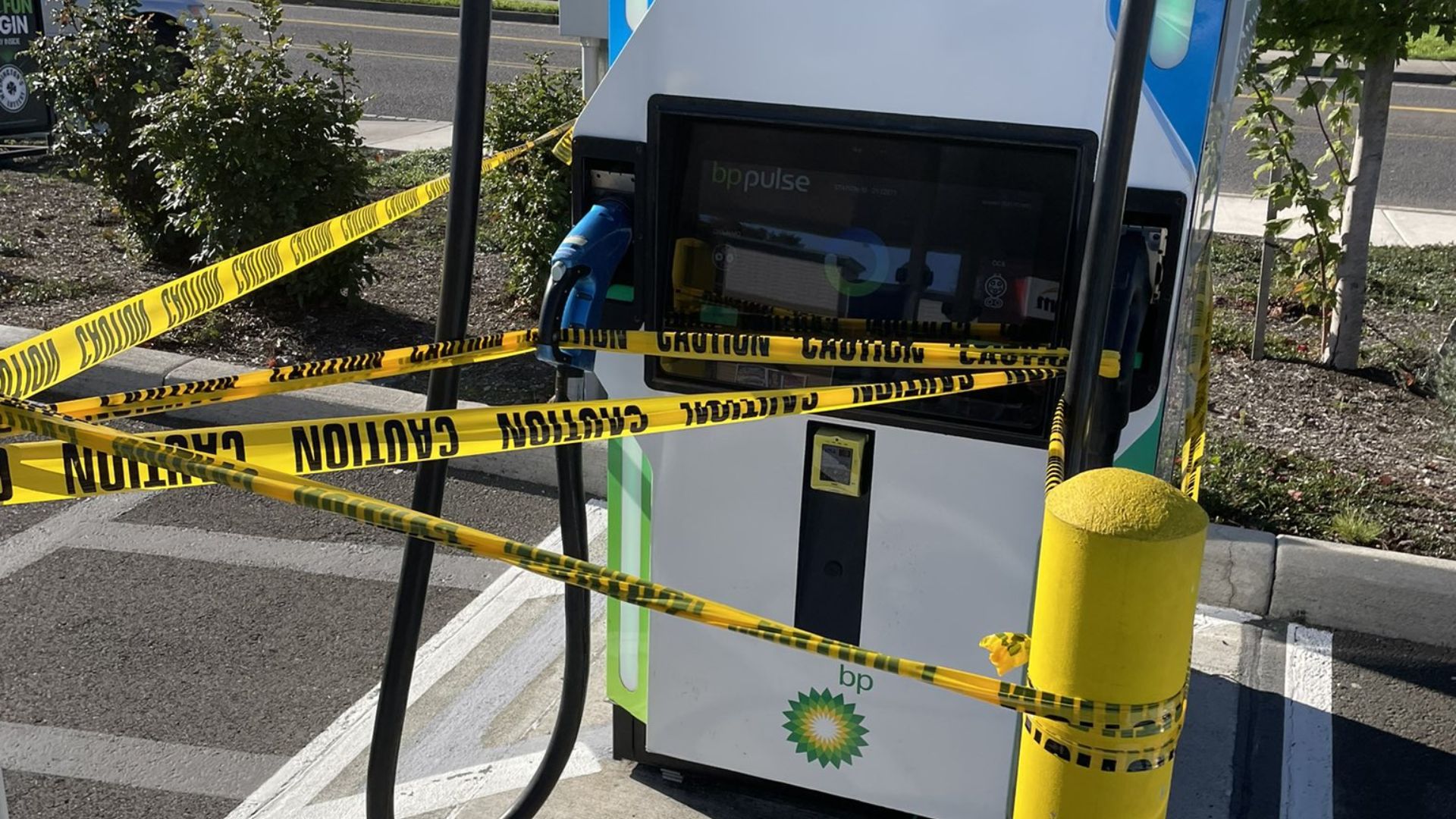
EV charging station vandalism is not only inconvenient and costly for local government, but also a spanner in the works to reach renewable energy targets.
Washington state has a goal to provide fast-charging EV charging stations every 50 miles across its road system. This vandalism leaves newly installed infrastructure unusable and costing the pubic millions. The WSDOT has said that “drivers and taxpayers are the ones being ultimately harmed by these crimes”.
Electric Vehicles Are a New Culture War Battleground
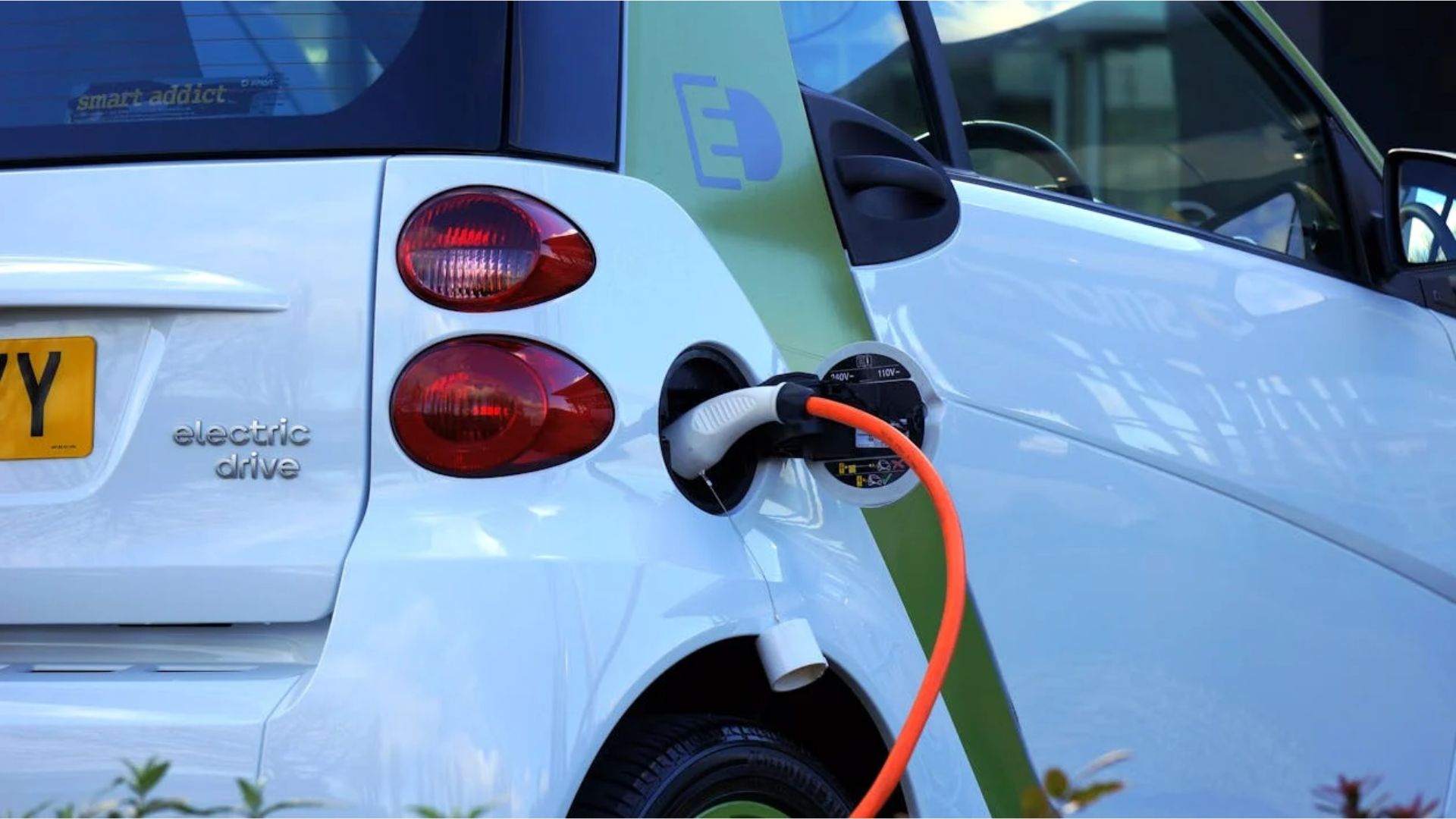
From the vandalism of charging stations and becoming the target of coal-rolling, EVs are now the latest symbol of environmental culture wars. The debate around the part EVs will play in the future plays out in the streets and the White House alike.
In Michigan, the country’s automotive core, Trump accused President Biden of wanting to “decimate” the industry by pushing for two-thirds of US car sales to be electric by 2032.
Anti-Electric Attacks Are A Worldwide Issue

Attacks against electric infrastructure has swept the States, from Seattle to Las Vegas to Philadelphia. However, anti-electric tactics are a global phenomenon that has gained traction over recent years.
In 2021, vandals in Munich, Germany, stuffed raw minced meat into connectors that had to be replaced. This April, drivers in Australia have been fined $60,000 for parking in electric vehicle makes in parking lots.
The Irony of EV Benefits Overlooked
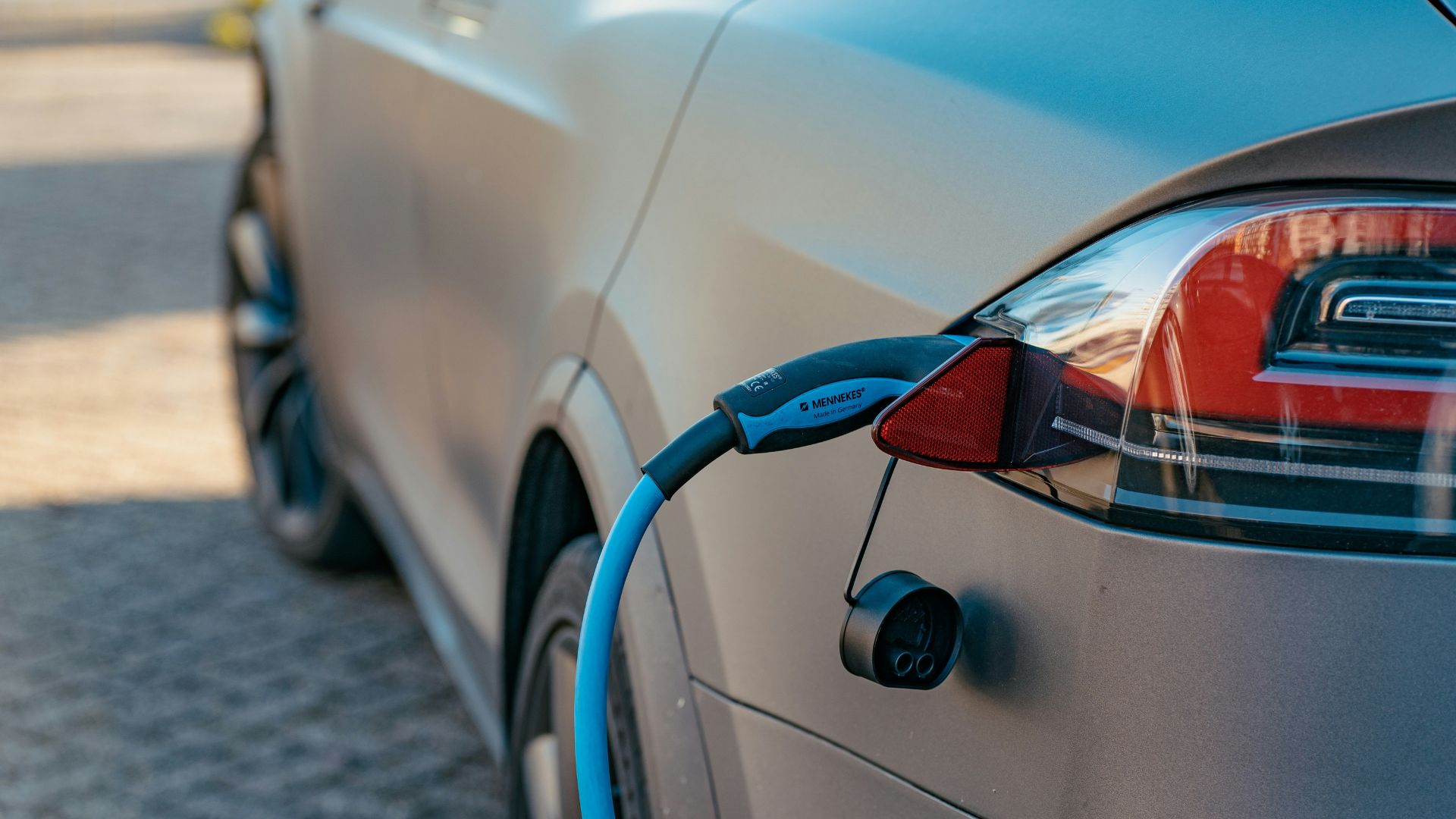
Amidst these tensions, it’s ironic to note the benefits of going electric.
EVs emit roughly half the planet-warming pollutants of gas cars and tend to be cheaper in the long run, thanks to lower fuel costs and tax credits.
Maintenance and Cost
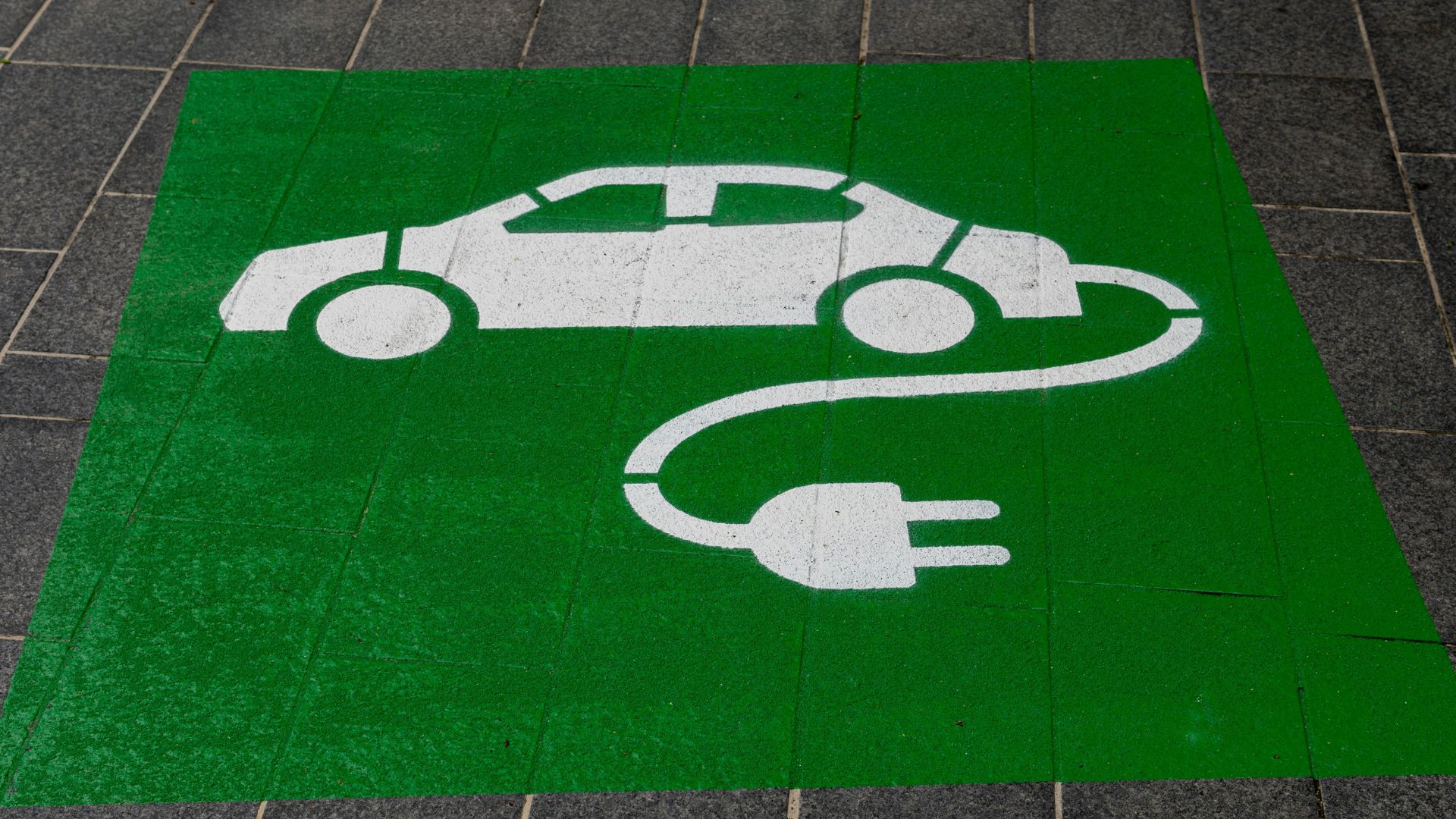
Supporters of electric vehicles argue that they are not just good for the planet; they’re also easier on the wallet long-term.
They claim that EVs generally require less maintenance than their fossil fuel counterparts, translating to savings over the vehicle’s lifetime.
An Electric Car Can Save Drivers Money Over Time
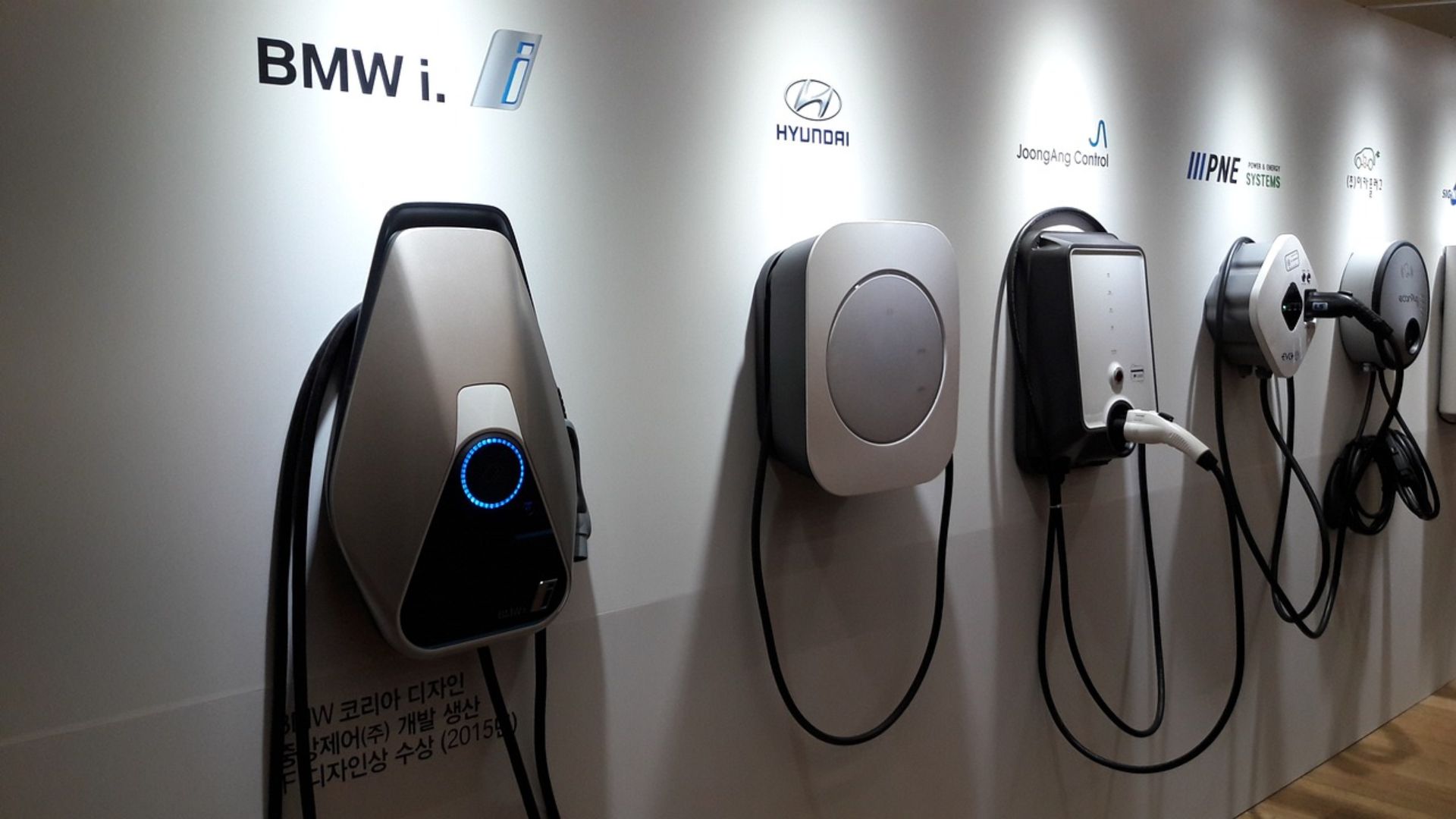
Despite the disadvantages of electric vehicles caused by vandalism, there is a chance they can savers motorists up to thousands of dollars. The Argonne National Laboratory found that drivers will save from having an electric vehicle, no matter where you live in the country.
Drivers who will benefit the most will be those in areas with high gas prices, low electricity prices, where drivers need to go longer distances using less efficient vehicles.
Home Charging: The Safer, Cheaper Alternative

One seasoned EV user highlighted the advantages of home charging: safer, cheaper, and devoid of vandalism risks.
While not accessible for everyone currently, the future of home charging looks promising.
Residents Report Higher Satisfaction with Home Charging Their Electric Vehicles
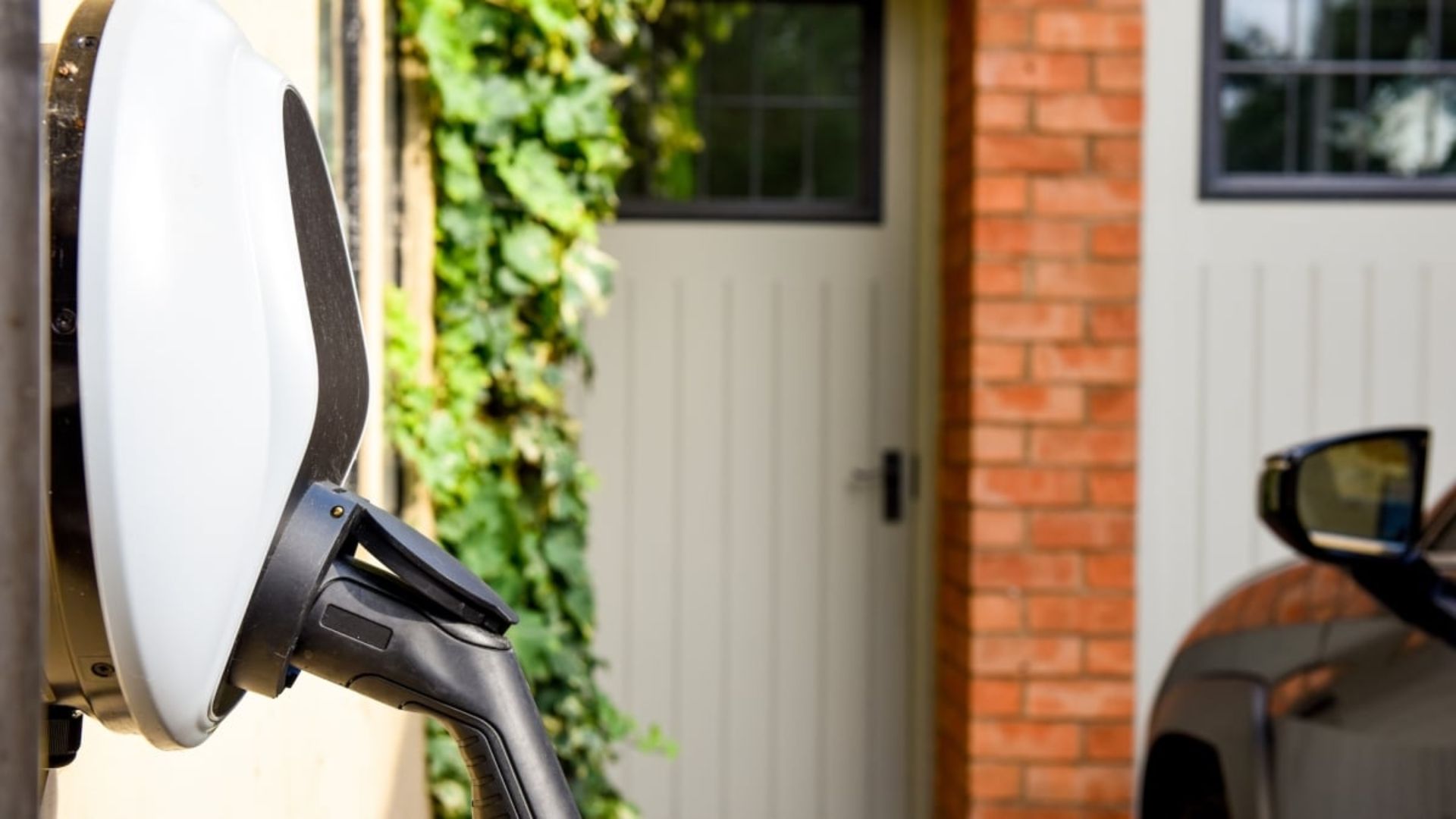
People feel the benefits of charging their electric vehicles at home more, according to a study conducted by J.D. Power. The study found that home charging was more satisfying than public charging stations, with charging speed playing a vital role.
With a lower risk of vandalism and a more convenient option for those with a driveway, the executive director of J.D. Power has called for the expansion of residential charging.
Future Bright for EV Charging Accessibility
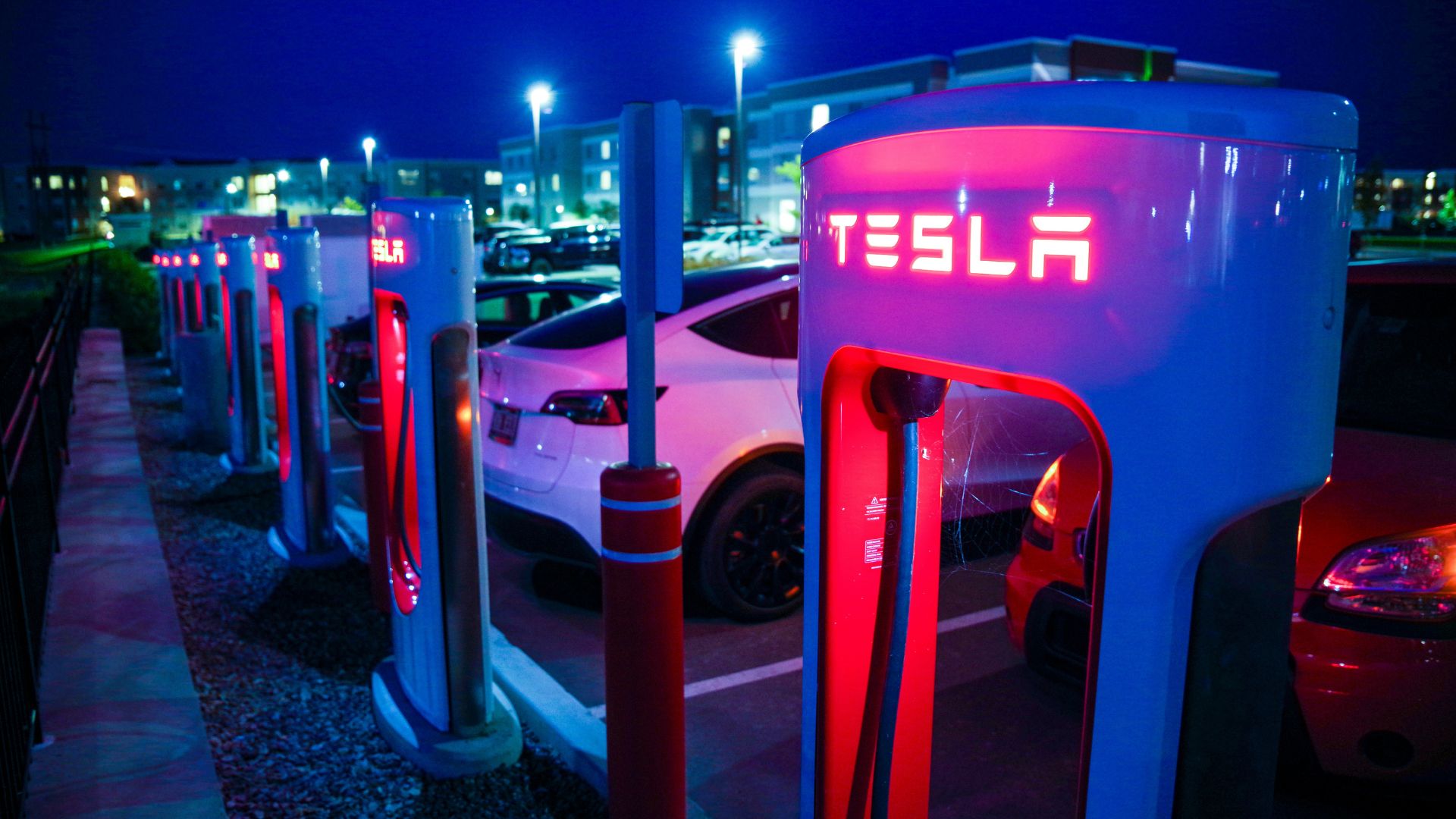
The landscape of EV charging is set to improve, promising more accessible options for all.
As infrastructure grows, the hope is that incidents of vandalism will decrease, making electric vehicle ownership smoother and more appealing.
A Call to Action
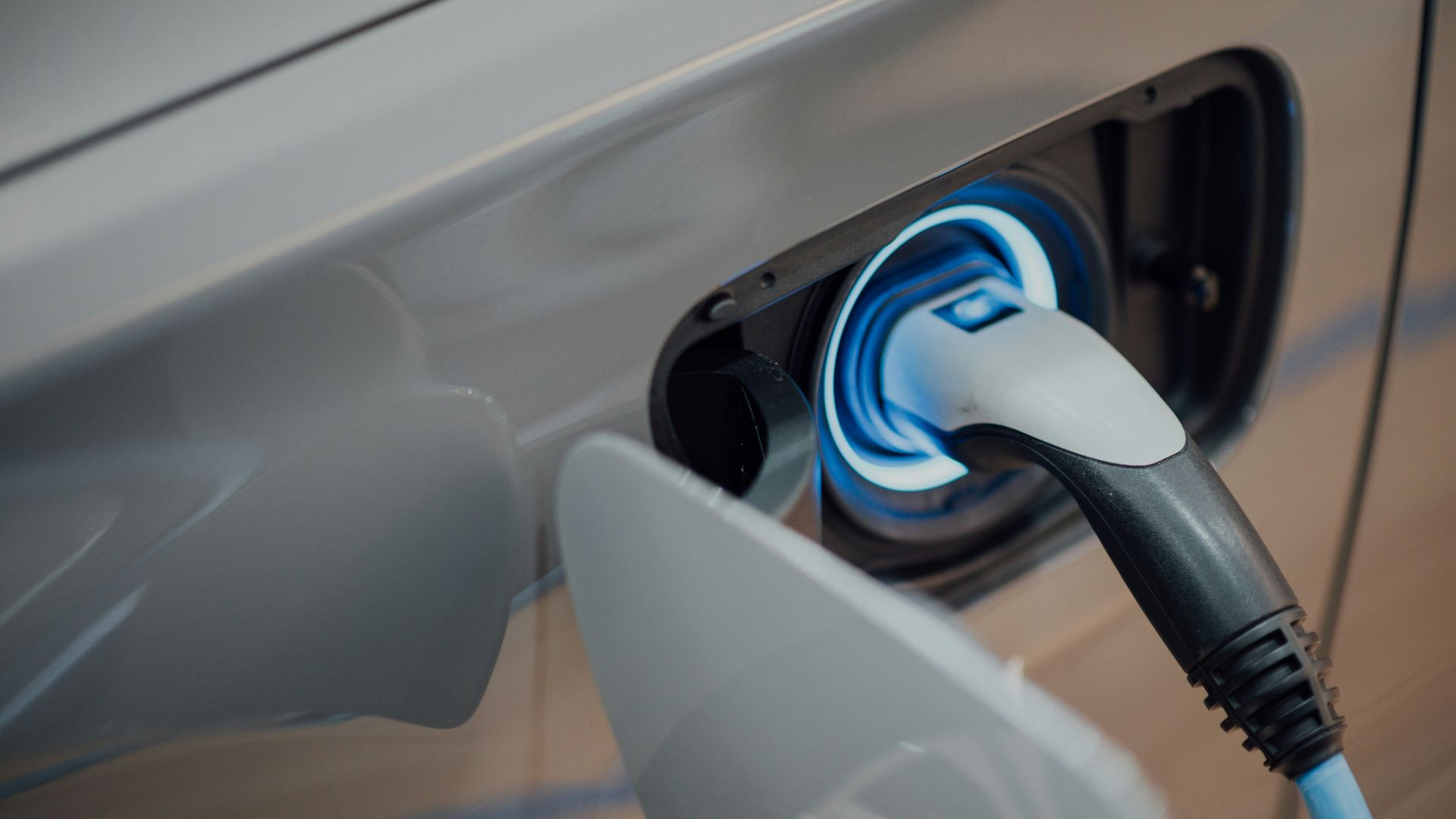
As EV owners and enthusiasts call for more stringent penalties for vandals, the broader community remains hopeful.
Efforts to expand and secure charging infrastructure are crucial in supporting the shift towards sustainable transportation options.
EV Charger Providers Are Responding to the Vandalism Outbreak
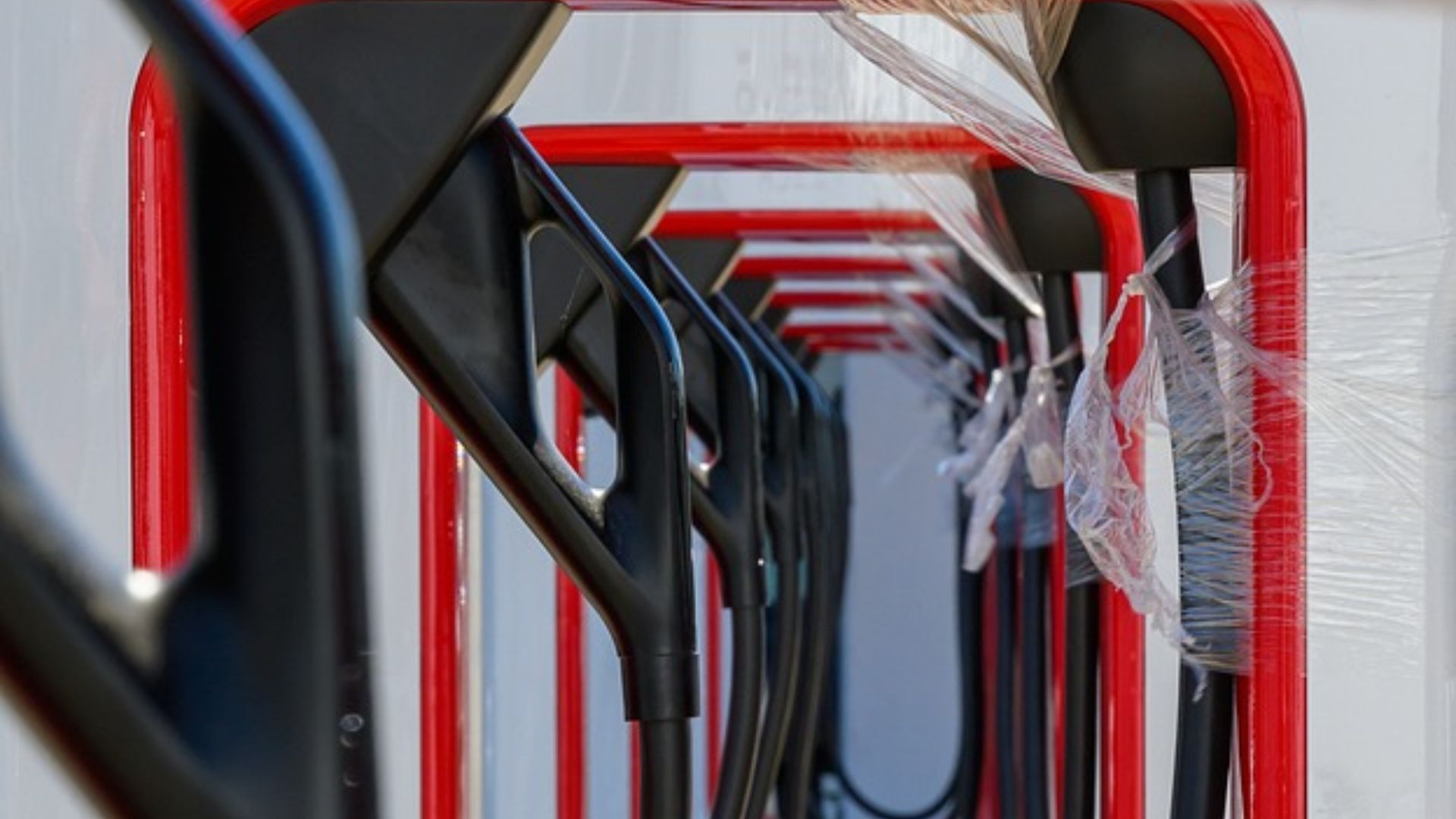
When provided by private companies, whether EV charging stations are maintained after vandalism is often up to the companies themselves. Some EV charger providers are starting to feel the frustration of recurring attacks.
Electrify America has refused to repair damaged chargers until a solution is found to prevent future attacks. However, Tesla has taken a different approach by replacing all cables and getting vandalized Supercharger stations back online in under 12 hours.
The Government Will Help to Fund the Expansion of EV Infrastructure
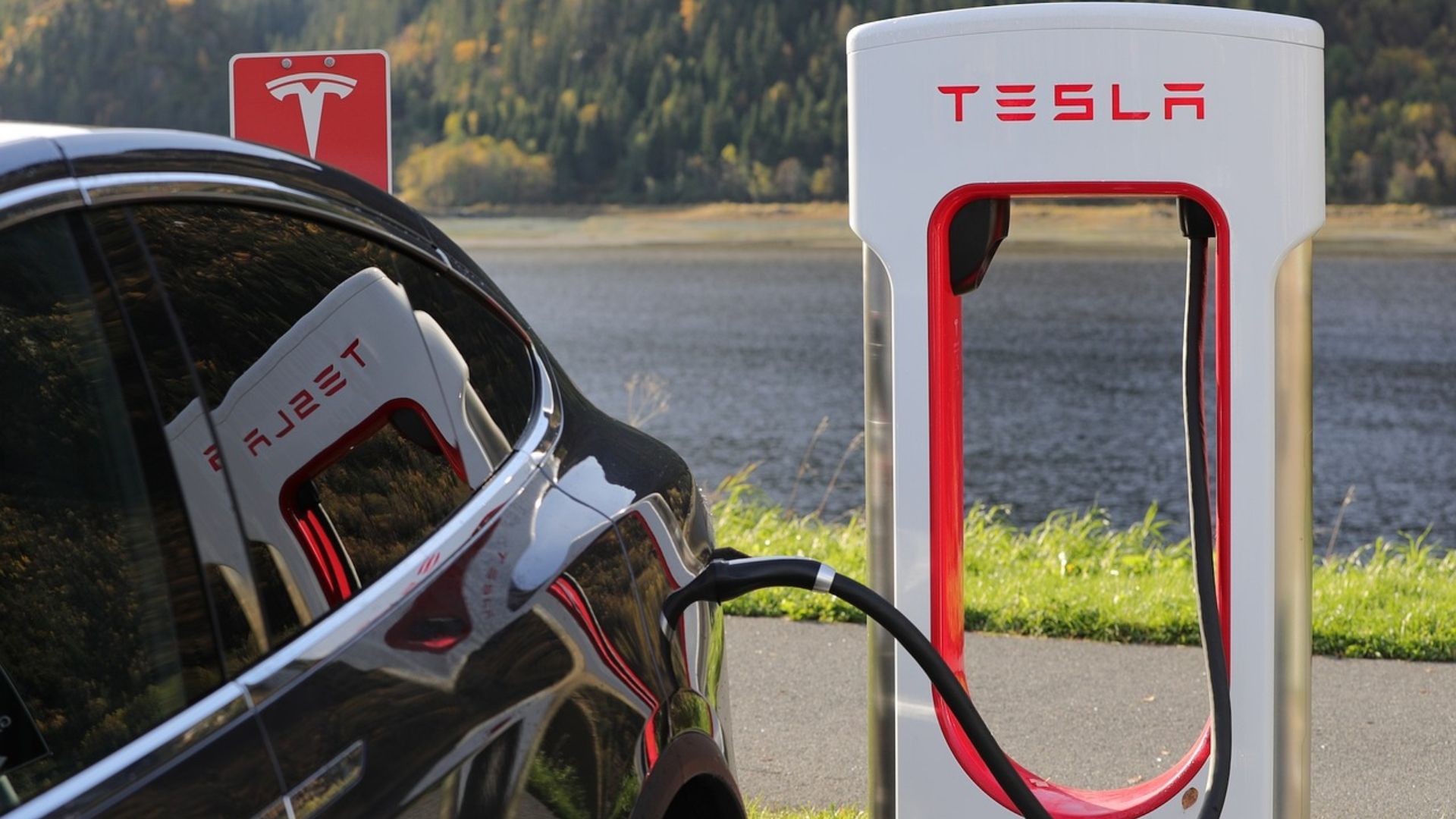
To expand EV infrastructure (which will weaken the effect of charger vandalism) the Biden-Harris administration announced new funding for electric charging stations in urban and rural communities.
The Federal Highway Administration will provide a total of $1.3 billion to state, regional, Tribal, and local governments to help introduce electric vehicle infrastructure. The Joint Office says this is “the largest single grant funding opportunity for EV charging in the nation’s history”.
